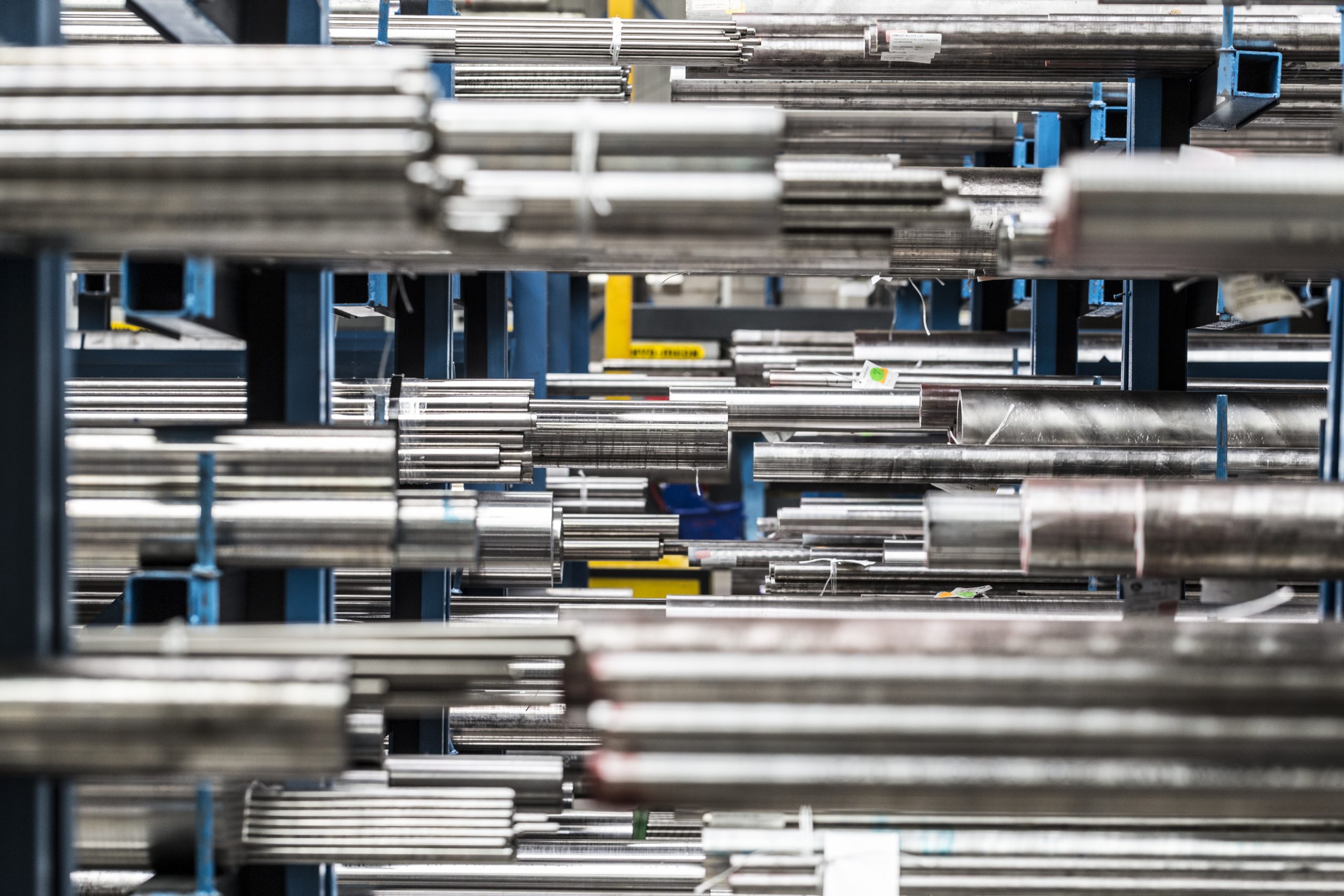Sales hotline: +44 (0)1782 610250

Contact us on sales@langleyalloys.com to request a quote
Sales hotline: +44 (0)1782 610250

One of the main advantages of nickel-based alloys is their ability to operate at elevated temperatures compared with other alloys.
Nickel alloys retain their room temperature properties over a far wider temperature range than many stainless steels.
Nickel alloys will corrode in the same way as stainless steels if exposed to suitably corrosive environments.
Copper-nickel alloys (cupronickels) provide the most acceptable high-strength option for a copper alloy.
Nickel is added to copper in order to greatly improve its strength and corrosion resistance.
Nickel based alloys have nickel as the main balancing metal and generally achieve both excellent temperature and corrosion resistance.
Duplex stainless steel is produced through a multi-stage steelmaking and forming process route.
As with all corrosion resistant alloys, duplex stainless steels can suffer corrosion when exposed to suitably corrosive conditions.
Stainless steels will work harden to some extent when subject to deformation i.e. bending, drawing, pressing.
Fermonic is a trademark belonging to Langley Alloys Ltd for high-performance austenitic stainless steels, such as our version of XM-19.
Nitronic is a trademark belonging to AK Steel Inc and covers a family of more highly alloyed austenitic stainless steels.
Stainless steels can be readily welded, with no great loss of corrosion performance or mechanical properties if undertaken properly.
Worldwide Delivery Available
We can offer air, sea and road freight shipping options, with choice of packaging, to deliver to customers globally.
Inventory Management
Let us manage your total material requirements with call-off and consignment arrangements.
Up to 40 sizes per alloy available
More sizes equal less machining and a more cost-effective supply chain.